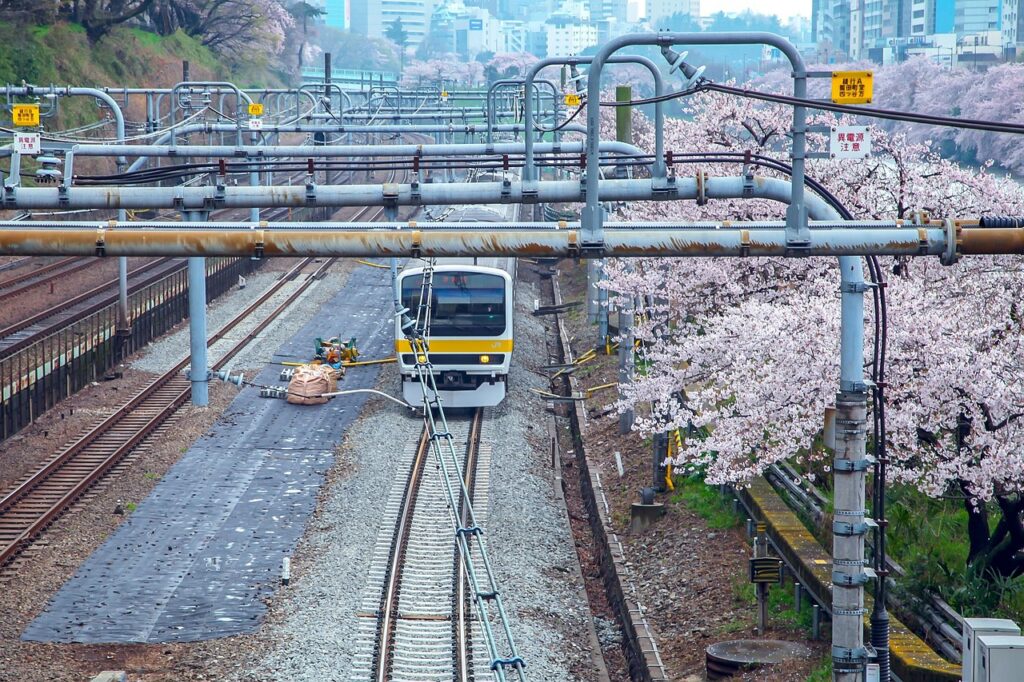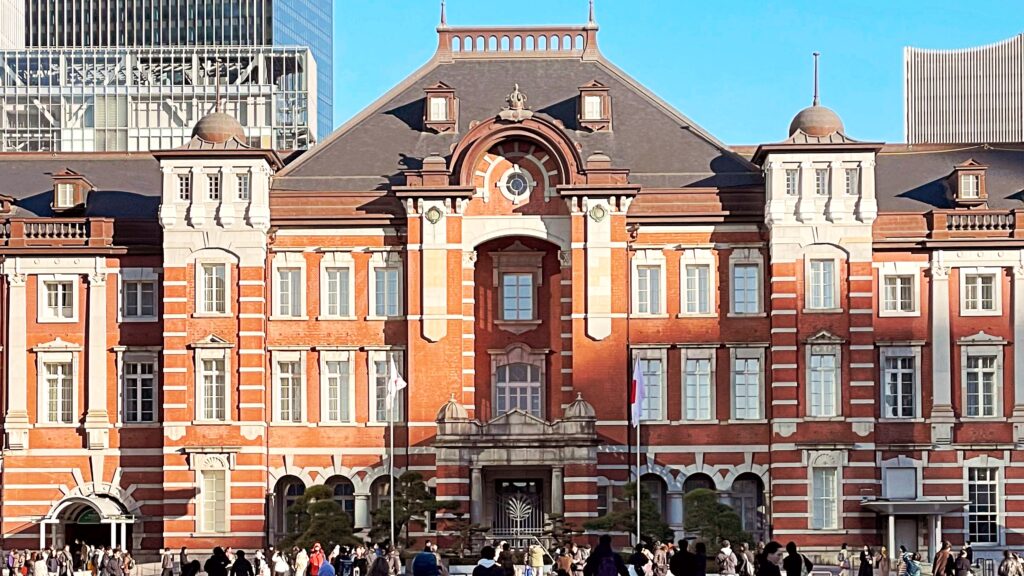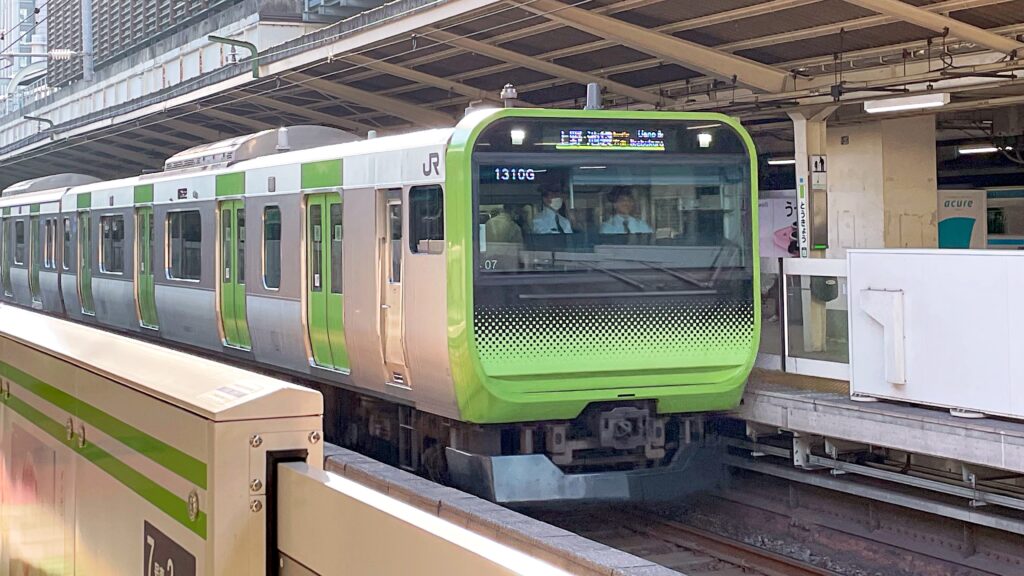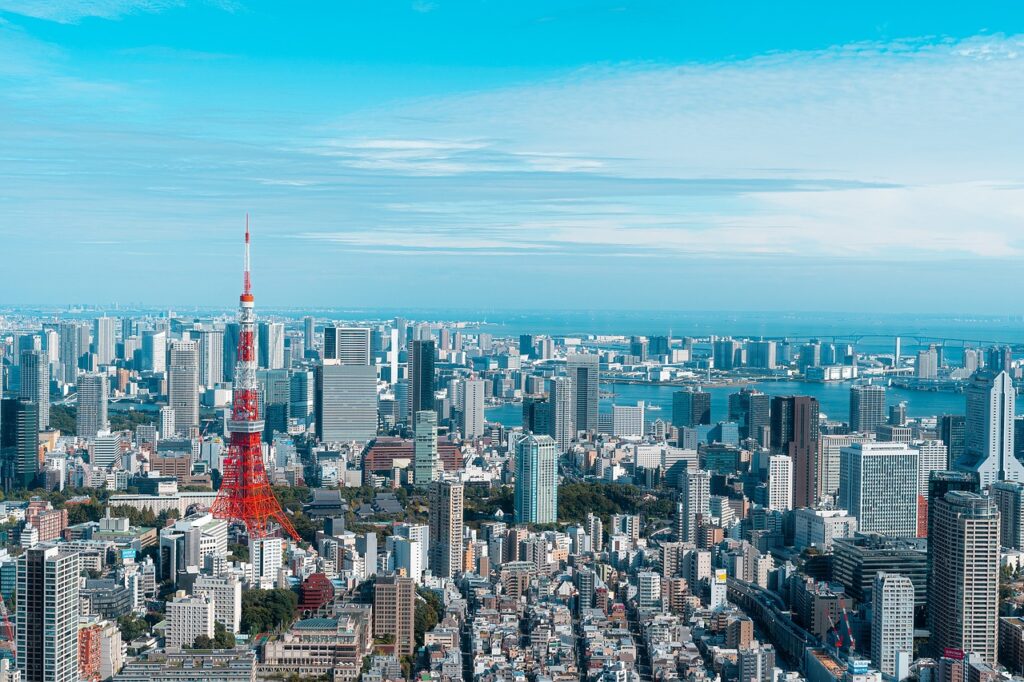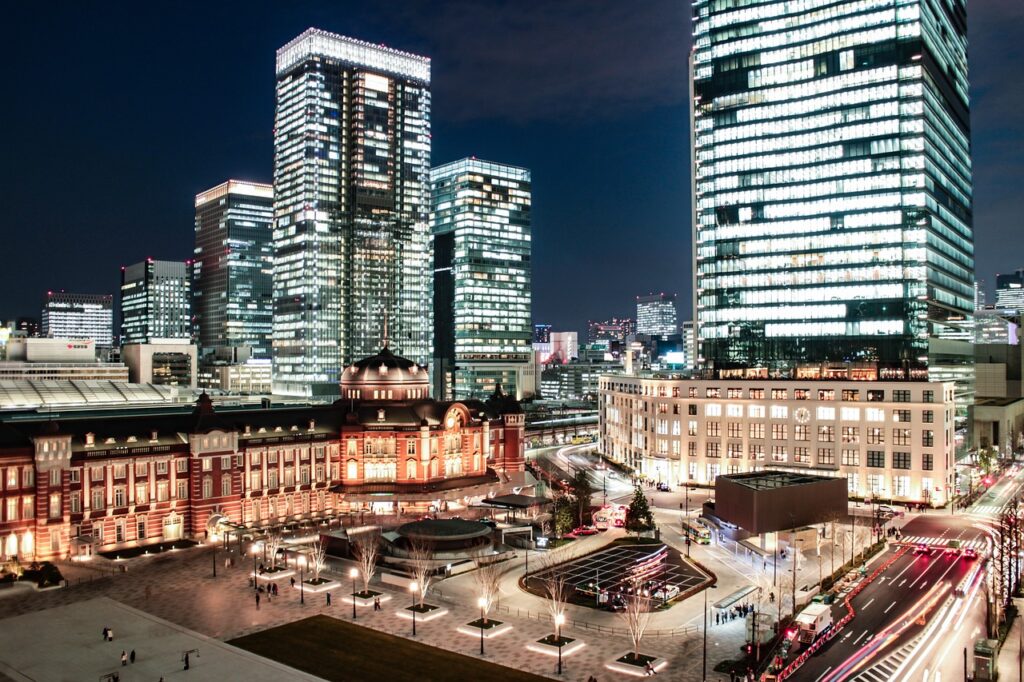Introduction: Why Japan Trains Are Best
When travelers think of Japan, three things often come to mind: sushi, temples, and trains. Among these, trains hold a special place in both Japanese life and global admiration. Visitors who ride Japan’s railways often wonder why Japan trains are best compared to those in other countries. Is it the speed? The punctuality? The legendary Shinkansen? Or perhaps it’s the culture surrounding trains that makes them so unique. In this article, we’ll explore the historical background, technology, culture, and daily life factors that made Japan a true railway superpower.
1. A Brief History of Japan’s Railway Development
Japan’s love affair with trains began in 1872, when the first railway opened between Shimbashi and Yokohama. From the very beginning, railways were seen as the backbone of Japan’s modernization. After World War II, Japan needed to rebuild quickly and efficiently, and railways played a key role. The focus on punctuality, safety, and efficiency became a part of the national mindset. This historical commitment to rail transport is one of the main reasons why Japan trains are best today.
2. The Shinkansen: A Symbol of Speed and Safety
No discussion about why Japan trains are best can avoid the Shinkansen. Launched in 1964, the Shinkansen—also known as the bullet train—revolutionized long-distance travel. With speeds initially at 210 km/h and now exceeding 300 km/h, it set the global standard for high-speed rail. But speed is only part of the story. The Shinkansen has maintained a perfect safety record since its launch, with no passenger fatalities due to accidents. This combination of speed and safety is unparalleled, proving why Japan trains are best for both domestic and international travelers.
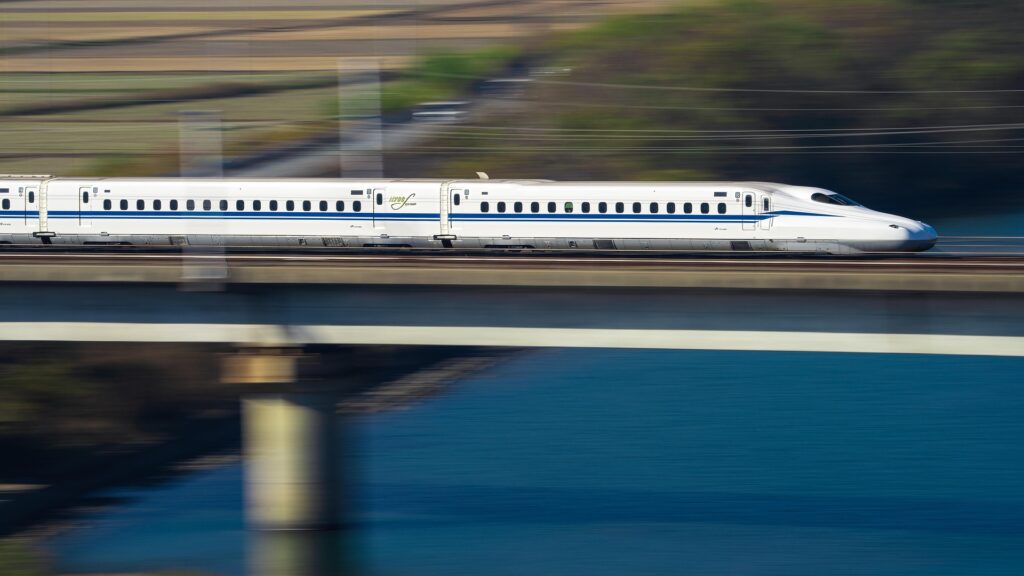
3. Punctuality Like No Other
One of the top reasons why Japan trains are best is their legendary punctuality. Trains in Japan are measured not in minutes but in seconds. A delay of even one minute often comes with a formal apology. This level of precision allows commuters, tourists, and business travelers to plan their day without worrying about transportation delays. According to JR East, the average Shinkansen delay is under one minute per year—something unimaginable in many countries.
4. Advanced Technology and Innovation
Japan continuously invests in railway technology. From magnetic levitation (maglev) trains currently under development to automatic train control systems and earthquake detection sensors, Japan leads the world in rail innovation. Many countries have adopted Japanese railway technology, from Taiwan’s High-Speed Rail to systems in the UK and India. This technological edge further explains why Japan trains are best and why other countries look to Japan as a model.
5. Cleanliness and Passenger Comfort
Another reason why Japan trains are best is their cleanliness and overall passenger experience. Trains are cleaned at record speeds; for example, the “Shinkansen cleaning theater” where a cleaning crew turns around an entire 16-car train in just seven minutes. Trains offer comfortable seating, power outlets, Wi-Fi on many routes, and quiet, smooth rides. Whether it’s a commuter train in Tokyo or the luxurious Gran Class on the Shinkansen, passengers enjoy a high level of comfort.
6. A Culture That Loves Trains
Beyond technology, one reason why Japan trains are best lies in Japanese culture itself. Train travel is deeply ingrained in everyday life, with millions commuting daily. There is even a subculture of “tetsudo fans” (railway enthusiasts) who photograph trains, collect memorabilia, and travel for the sole purpose of riding unique trains. Railway museums, such as the Kyoto Railway Museum and SCMaglev and Railway Park in Nagoya, celebrate this culture, showing how trains are more than just transport—they are part of Japan’s identity.
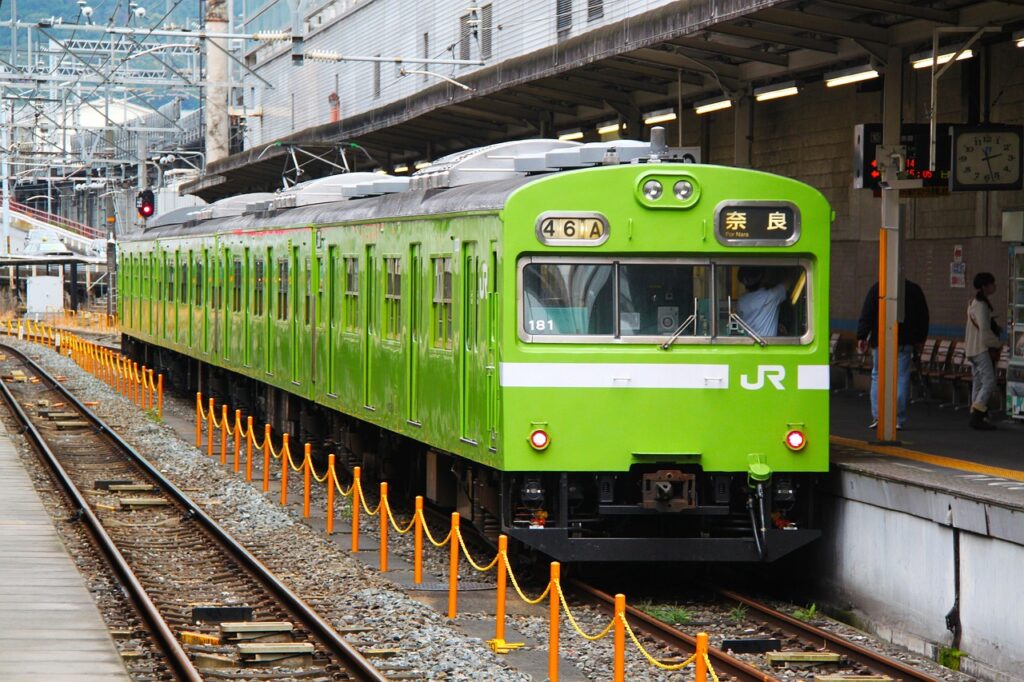
7. Environmental Benefits
In an age where environmental concerns are critical, another reason why Japan trains are best is their energy efficiency. Trains produce significantly fewer emissions than cars or planes, and Japan has embraced electrification across nearly its entire rail network. The Shinkansen and most commuter trains run on electricity, further reducing carbon footprints and aligning with Japan’s environmental goals.
8. Accessibility and English Support
International travelers often worry about language barriers, but Japan’s railway network is extremely foreigner-friendly. English signage, announcements, and multilingual apps make navigating the system straightforward. This is one more reason why Japan trains are best for tourists, ensuring even first-time visitors can travel stress-free.
9. Famous Scenic and Luxury Trains
While efficiency is one reason why Japan trains are best, luxury and tourism are another. Trains like the “Seven Stars in Kyushu,” “Train Suite Shiki-Shima,” and scenic lines such as the “Sagano Romantic Train” or the “Hokkaido Shinkansen” offer unique experiences beyond mere transport. These trains showcase Japan’s dedication to providing experiences that combine travel with culture, food, and breathtaking views.
10. Looking Toward the Future
Japan continues to innovate. The upcoming Chuo Shinkansen Maglev Line, set to connect Tokyo and Nagoya in just 40 minutes, promises to redefine high-speed rail yet again. Coupled with ongoing digital transformation, AI-driven scheduling, and sustainability initiatives, it’s clear why Japan trains are best now and will continue to be for decades to come.
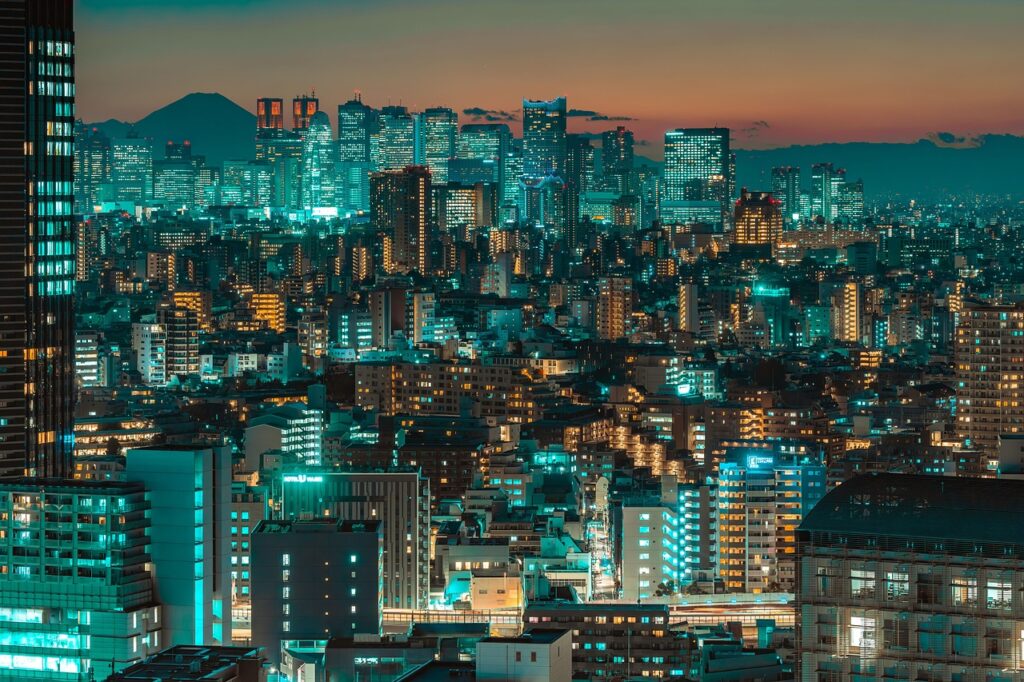
Conclusion: Why Japan Trains Are Best
From historical development to cutting-edge technology, from punctuality to passenger comfort, there are many reasons why Japan trains are best in the world. They are not just a way to travel; they are a cultural experience, an example of national pride, and a model for the rest of the world. Whether you’re a commuter, tourist, or train enthusiast, Japan’s railways offer something unique and unmatched anywhere else.
